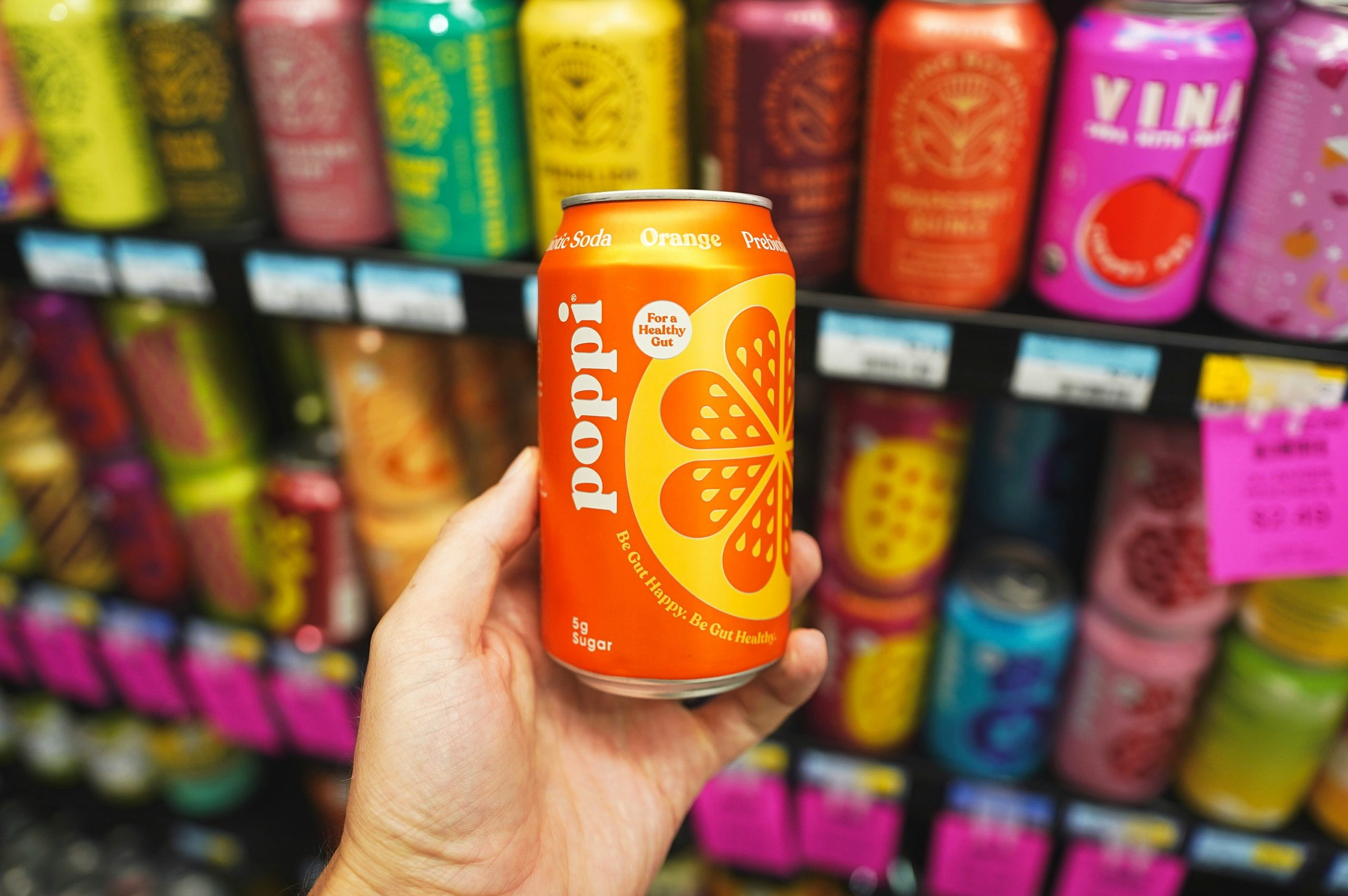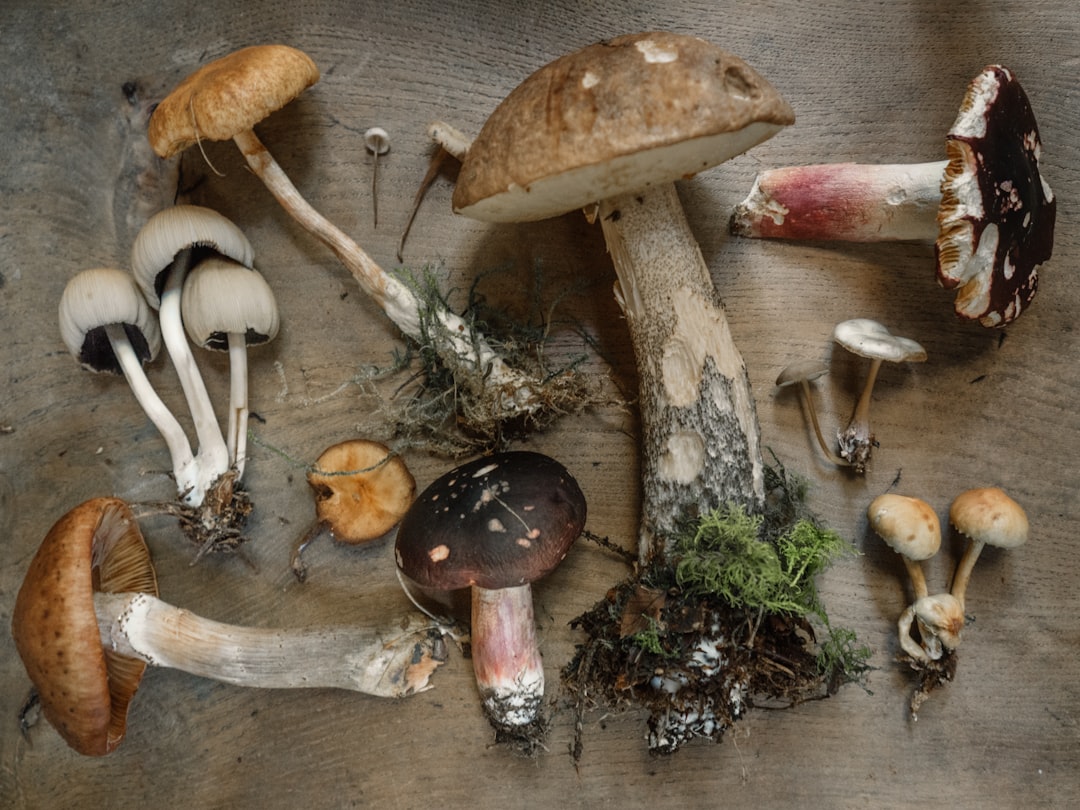Prebiotic sodas have rapidly gained traction among health-conscious consumers. Brands like Poppi and Olipop are making waves in the beverage industry, promising a refreshing alternative to traditional sugary soft drinks while highlighting their gut health benefits. But are these prebiotic sodas worth the hype?
Understanding Prebiotics and Their Role in Gut Health
Prebiotics are non-digestible fibers that serve as food for probiotics, the beneficial bacteria in your gut. A healthy balance of gut microbiota can lead to improved digestion, better immune function, and potential reductions in certain health risks. Foods rich in both prebiotics and probiotics, like fruits, vegetables, whole grains, and legumes, remain top recommendations from health experts.
As the gut microbiome continues to be studied extensively, it’s clear that maintaining its health is essential for overall wellness. Prebiotics have been shown to enhance gut flora balance, leading to various positive health outcomes. While traditional food sources are widely recognized as the best prebiotic options, prebiotic sodas aim to provide a convenient alternative.
The Unique Appeal of Prebiotic Sodas
Why choose prebiotic sodas over standard sugary options? Proponents argue that these drinks satisfy cravings while contributing to gut health. With tantalizing flavors like strawberry lemon and cherry limeade, prebiotic sodas might appeal to those looking for a fizzy treat without the excessive sugar associated with conventional sodas.
- A typical 12 oz. serving of regular soda contains around 41 grams of added sugar.
- Poppi offers its sodas with only about 3 grams of sugar.
This significant reduction makes prebiotic sodas attractive for individuals cautious about sugar intake and its associated health risks, including obesity and metabolic issues.
Research on Prebiotic Sodas: What You Should Know
Despite the benefits touted by brands, the evidence supporting the efficacy of prebiotic sodas in improving gut health remains inconclusive. In recent years, some controversies have emerged regarding the effectiveness of these beverages. Notably, Poppi faced a lawsuit in 2024 challenging its health claims. While the company denied these allegations, the incident raised broader questions about the potency and viability of liquid prebiotics.
It’s important to understand that while prebiotic sodas may be healthier compared to traditional sodas, they shouldn’t serve as a primary fiber source. Whole foods provide not only fiber but also vitamins, minerals, and other nutrients that your body needs.
Moderation Is Key
Registered dietitians highlight that moderate consumption of prebiotic sodas can fit into a balanced diet. However, overconsumption may lead to gastrointestinal issues such as gas, bloating, and diarrhea. Striking the right balance is crucial. Consider using prebiotic sodas as an occasional treat rather than a daily staple.
Whole foods like fruits, vegetables, beans, and whole grains remain the gold standard for obtaining prebiotics. These foods contribute to your overall diet and provide the necessary nutrients that liquid alternatives may lack.
Making Informed Choices
As the beverage market becomes saturated with functional drinks, you need to critically assess the claims made by manufacturers. Knowledge is power—understanding your dietary needs and the role of specific foods, including prebiotic sodas, helps you make informed decisions. It’s essential to evaluate how these drinks fit into your overall nutritional patterns and lifestyle.
While prebiotic sodas can be a more nutritious choice than conventional soft drinks, they shouldn’t replace whole food sources of fiber. Prebiotic sodas might serve as a convenient option when you want something fizzy, but they’re not a substitute for the health benefits derived from whole foods.
The Evolving Landscape of Health-Oriented Beverages
As interest in functional beverages grows, the market for prebiotic sodas is likely to expand. You’re likely to see more flavors, formulations, and new entrants from larger beverage companies as they seek to capture a share of the health-oriented drink space.
Despite their growing popularity, being mindful of your choices remains essential. Evaluate your dietary patterns and how prebiotic sodas fit into them. Aim for a balanced diet rich in whole foods while enjoying prebiotic sodas in moderation.
Key Takeaways
- Prebiotic Basics: Prebiotics fuel beneficial gut bacteria and can improve gut health, but traditional sources are still the best choice.
- Soda Comparisons: Prebiotic sodas typically contain significantly less sugar than traditional soft drinks, making them more appealing for health-conscious consumers.
- Research Limitations: Evidence supporting the health claims of prebiotic sodas is still emerging, with some legal challenges highlighting the need for skepticism.
- Moderation Matters: While these sodas can be enjoyable, they should complement a diet rich in whole foods rather than act as primary sources of dietary fiber.
- Stay Informed: Understanding the nutritional landscape is crucial for making informed decisions about health and wellness.
In summary, prebiotic sodas can offer a flavorful, lower-sugar alternative to traditional beverages. However, they should be consumed cautiously and shouldn’t replace nutrient-dense foods in your diet. Embrace a holistic approach to your nutrition and lifestyle to truly benefit from the myriad health advantages available. For more information, visit Time.




